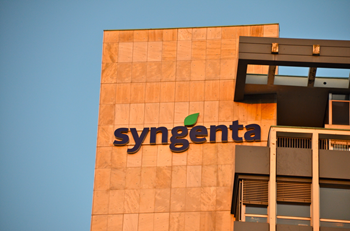China interested in development of GMOs
In what is being described as the biggest agriculture deal ever, ChemChina on Wednesday announced a $43 billion bid for Swiss agribusiness Syngenta.
The acquisition by the state-owned chemical group is an offer of $465 a share, which is some 20 per cent higher than Syngenta’s closing price yesterday.
It’s the largest foreign acquisition by a Chinese company, and is expected to see ChemChina (also known as China National Chemical) become the world’s largest supplier of crop-protection products.

The deal demonstrates further consolidation the agribusiness industry, following on the heals of the $68.6 billion merger Dow Chemical and DuPont announced in December.
Missouri-based Monsanto attempted to acquire Syngenta last year, but its $46 billion offer was rejected by the Swiss company.
According to a Syngenta release, "the transaction will enable further expansion of Syngenta’s presence in emerging markets and notably in China.
"In addition to its array of modern chemistry, Syngenta will contribute its experience and know-how in promoting the highest environmental standards and in nurturing thriving rural communities.
"These objectives are reflected in the commitments contained in The Good Growth Plan, which have been explicitly endorsed by ChemChina and which – together with the Syngenta Foundation for Sustainable Agriculture - will continue to form an integral part of the company’s strategy."